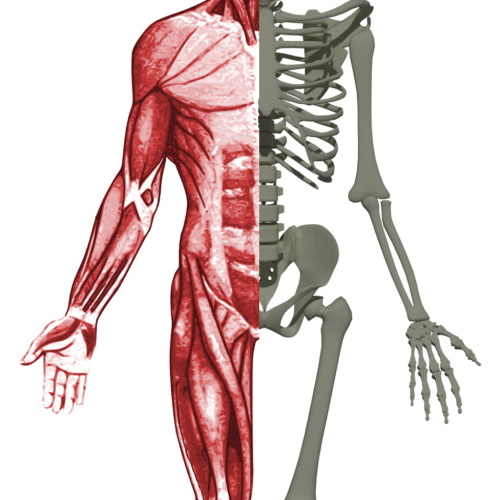Key points from article :
A team of researchers at Penn State, led by Professor Ibrahim T. Ozbolat, has developed a groundbreaking bioprinting technique that creates functional tissue up to 10 times faster than existing methods. The technique, called High-throughput Integrated Tissue Fabrication System for Bioprinting (HITS-Bio), uses clusters of cells called spheroids to construct complex tissues with high precision and scalability. Their findings, published in Nature Communications, mark a significant step forward in regenerative medicine by enabling the rapid and efficient creation of tissues and organs.
HITS-Bio features a digitally controlled nozzle array that manipulates multiple spheroids simultaneously, drastically reducing the time required to construct tissue. This innovative system allowed the researchers to fabricate a cartilage structure of 600 spheroids in under 40 minutes, maintaining over 90% cell viability. The team also demonstrated its potential for on-demand tissue repair by printing spheroids directly into a wound in a rat’s skull during surgery, achieving remarkable healing rates of 91% in three weeks and 96% in six weeks.
Ozbolat highlighted the potential of HITS-Bio to scale up tissue production for larger structures, including organs. Future research aims to incorporate blood vessels into bioprinted tissues, a critical step toward clinical applications and transplantation. This breakthrough promises to revolutionize the fields of regenerative medicine and 3D bioprinting, offering hope for more accessible and efficient tissue and organ fabrication.







